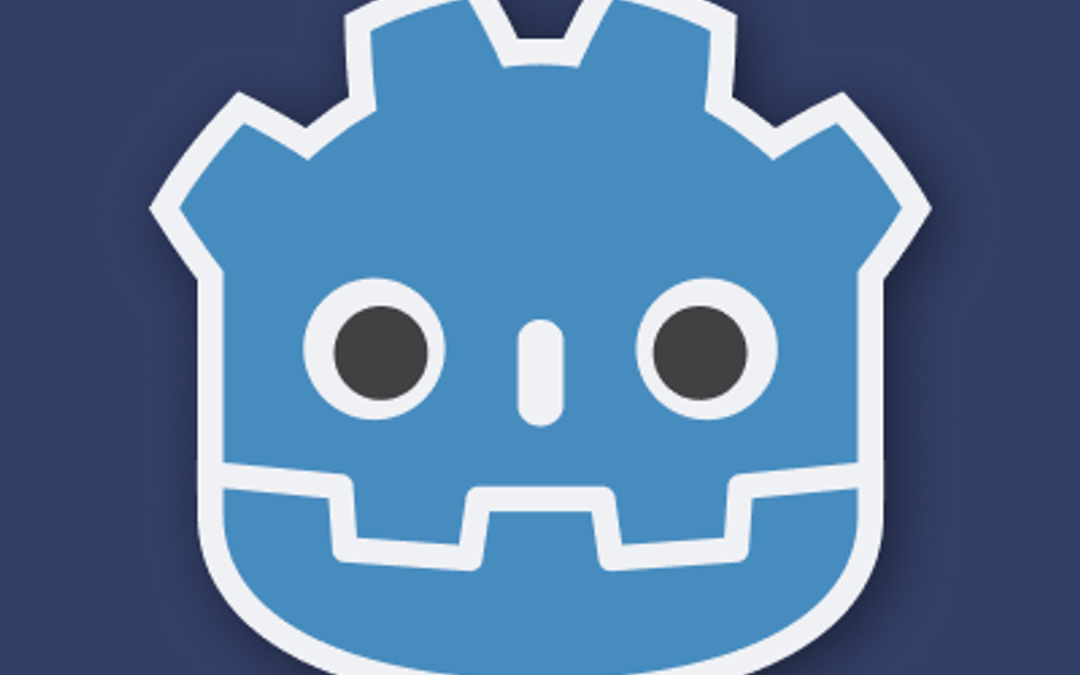Introduction to Godot
Godot is an open-source game development engine that has gained enormous popularity among developers, both amateur and professional, due to its versatility, accessibility, and powerful tools. This engine is not only free, but it also allows developers to create high-quality 2D and 3D games without the need to pay expensive licenses or worry about intellectual property restrictions.
Why is Godot Important?
1. Open Source and Free Engine
One of the main reasons Godot is so important is its open-source nature. This means that any developer can access the engine’s source code, modify it, and adapt it to their needs. Additionally, it comes at no cost, making it an ideal option for independent developers, small studios, and those starting in the world of game development.
2. Powerful Tool for 2D and 3D Games
Godot stands out for its ability to create both 2D and 3D games, something that many game engines fail to do with the same level of quality. The engine is especially optimized for 2D game development, offering tools that allow creators to design levels, animations, physics, and more intuitively. For 3D projects, Godot also provides a robust set of tools, making it a versatile option for different types of games.
3. Integrated Programming Language (GDScript)
GDScript is Godot’s own programming language, designed specifically to be easy to learn and fast to write. While it is similar to Python, GDScript has been optimized for performance within the Godot engine, allowing developers to create games without facing the complexity of other programming languages. Additionally, Godot supports other languages like C# and VisualScript, providing greater flexibility for programmers based on their preferences.
4. Scene and Node System
One of the most innovative features of Godot is its scene and node system, which allows developers to create and organize different elements of the game in a modular way. Each scene can have multiple nodes, and each node represents an object in the game (such as a character, an enemy, a platform, etc.). This approach helps organize large projects and allows developers to work more efficiently.
5. Active Community and Extensive Documentation
Despite being an open-source engine, Godot has an active and committed community that provides support, tutorials, and resources for developers. Additionally, the documentation for Godot is extensive and detailed, making it easy to learn and implement new features in your projects.
6. Cross-Platform Exporting
Godot is a cross-platform engine, which means that games created with it can be exported to various platforms such as Windows, Linux, macOS, iOS, Android, HTML5, consoles, and more. This exporting capability is essential for developers who want to bring their game to different devices and maximize their global reach.
7. Ideal for Independent and Commercial Projects
Thanks to its low cost (free) and flexibility, Godot is perfect for independent developers who want to create high-quality games without the pressure of paying for licenses or meeting restrictions. It’s also an excellent option for commercial projects since no royalties or additional payments are required when publishing a game.
Conclusion
Godot is an incredibly powerful and accessible tool for game development, democratizing access to high-quality game creation. Thanks to its flexibility, ease of use, and active community, it is ideal for both beginners and experienced developers. Whether you’re creating 2D or 3D games, Godot provides everything a game creator needs to bring their project to life efficiently and without additional costs.
If you are a content creator, video game developer, or just interested in the world of game development, Godot is an essential tool that will help you reach your goals without complications.

